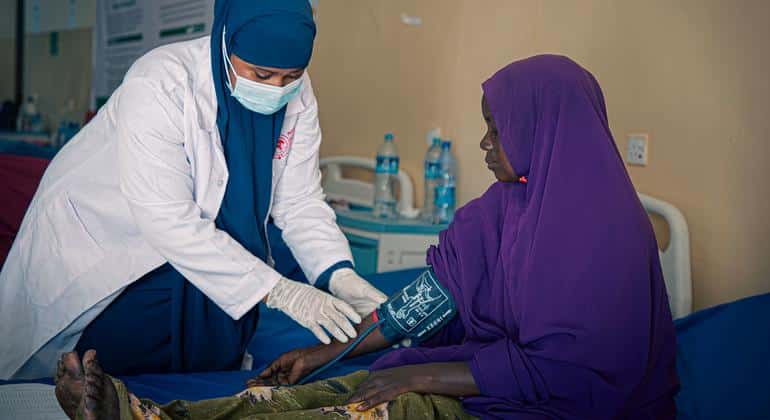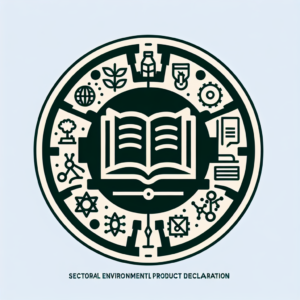In Somalia, women face a harsh reality when giving birth, with six out of ten deliveries taking place without the assistance of a doctor. This is the case for Farhiya, a 38-year-old woman living in Beletweyne. For her, giving birth has been a traumatic experience: she has suffered from an obstetric fistula, a complication that has left her with incontinence and socially marginalized. “I lived in my house as if I had some kind of contagious disease,” Farhiya recounted, reflecting the stigma many women in her situation face.
Obstetric fistula is just one of the numerous complications affecting millions of women worldwide, with a particular focus on the Arab region. Somalia, Yemen, and Sudan are among the most affected countries, where lack of access to maternal health care services is alarming. According to the United Nations Population Fund, an estimated 171,000 pregnant women in Somalia lack the necessary care to preserve their own lives and those of their babies.
The situation has been exacerbated by the humanitarian crisis in the country, which has led to critical levels of malnutrition in pregnant and lactating women. This, in turn, increases the risk of premature births and other severe complications.
However, amidst this bleak outlook, there are glimmers of hope. With the support of her community, Farhiya was able to raise funds to travel to Mogadishu in search of help. Despite the high costs of the operation, her situation improved when she learned about a campaign offering free surgeries for obstetric fistula at Dayniile Hospital, thanks to the collaboration of various organizations, including the Federal Ministry of Health and Physicians Across Continents.
Dr. Aisha Abdulkadir Abdullahi, a member of the hospital’s medical team, emphasizes the importance of these initiatives and how each patient brings emotional stories with them. With each surgery and awareness campaign, there is renewed hope of eradicating obstetric fistula in the country.
The testimony of Nince, another 35-year-old woman who underwent surgery to repair her fistula, exemplifies the transformative change that medical care can offer. After five years of suffering and isolation, Nince now feels free to reconnect with her family, stating, “I have decided to visit my relatives.” The experiences of these women highlight the urgent need to improve maternal health services in Somalia and the impact it can have on their lives.
Referrer: MiMub in Spanish











